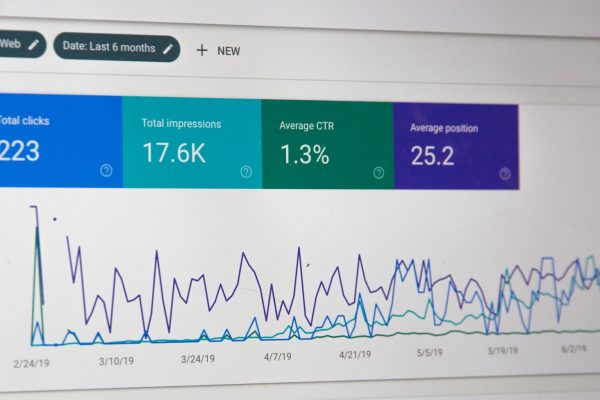Running a small business comes with a multitude of questions and challenges. Whether you’re just starting out or looking to grow, having the right information can make all the difference. In this article, we address some of the most frequently asked questions (FAQs) and provide key insights for small business success.
- What are the first steps to starting a small business?
- Answer: Starting a small business involves several critical steps:
- Develop a Business Plan: Outline your business idea, target market, financial projections, and strategies.
- Register Your Business: Choose a suitable business structure (e.g., sole proprietorship, LLC) and register it with the appropriate authorities.
- Secure Funding: Explore funding options such as personal savings, loans, grants, or investors.
- Set Up Accounting: Implement a robust accounting system to manage finances effectively.
- Market Your Business: Create a marketing plan to reach your target audience and generate awareness.
- How can I effectively manage cash flow?
- Answer: Managing cash flow is vital for small business success. Here are some strategies:
- Monitor Cash Flow Regularly: Use accounting software to track income and expenses.
- Invoice Promptly: Ensure timely invoicing and follow up on late payments.
- Manage Expenses: Control costs by negotiating with suppliers and avoiding unnecessary expenditures.
- Maintain a Cash Reserve: Set aside funds for emergencies and unexpected expenses.
- Offer Payment Incentives: Provide discounts for early payments to encourage timely settlements.
- What are the best ways to market my small business on a budget?
- Answer: Marketing on a budget can be effective with the right strategies:
- Leverage Social Media: Utilize platforms like Facebook, Instagram, and LinkedIn to reach your audience for free or with low-cost ads.
- Content Marketing: Create valuable content (blogs, videos, infographics) to attract and engage your target audience.
- Email Marketing: Build an email list and send regular newsletters with promotions and updates.
- Local SEO: Optimize your website for local search to attract nearby customers.
- Networking: Attend local events and join business groups to connect with potential clients and partners.
- How do I attract and retain customers?
- Answer: Attracting and retaining customers involves providing excellent service and building strong relationships:
- Understand Your Customers: Conduct market research to identify your customers’ needs and preferences.
- Deliver Quality: Ensure your products or services consistently meet high standards.
- Customer Service: Provide exceptional customer service to build loyalty and encourage repeat business.
- Loyalty Programs: Implement loyalty programs to reward repeat customers.
- Solicit Feedback: Regularly ask for customer feedback and use it to improve your offerings.
- How can I scale my small business?
- Answer: Scaling a small business requires strategic planning and execution:
- Evaluate Your Business Model: Ensure your business model is scalable and can handle increased demand.
- Invest in Technology: Use technology to automate processes and improve efficiency.
- Expand Your Market: Explore new markets or diversify your product/service offerings.
- Build a Strong Team: Hire skilled employees and delegate tasks to focus on growth.
- Seek Funding: Consider additional funding options to support expansion efforts.
6. What are the common challenges small businesses face and how can I overcome them?
- Answer: Common challenges include cash flow issues, competition, and managing growth. Overcoming these challenges involves:
- Effective Planning: Develop detailed business and financial plans to guide your operations.
- Continuous Learning: Stay updated on industry trends and best practices.
- Flexibility: Be adaptable and ready to pivot your strategies as needed.
- Support Network: Connect with mentors, business groups, and professional networks for advice and support.
7. How important is having a business website?
- Answer: Having a business website is crucial for establishing an online presence and reaching a wider audience:
- Credibility: A professional website enhances your business credibility.
- Accessibility: Customers can learn about your products or services 24/7.
- Marketing Tool: Use your website for content marketing, SEO, and online sales.
- Customer Engagement: Provide information, support, and a platform for customer interaction.
Conclusion
Addressing these frequently asked questions can provide valuable insights and strategies for small business success. By focusing on planning, financial management, marketing, customer relations, and scalability, you can navigate the challenges and seize the opportunities that come your way. Stay proactive, adaptable, and committed to continuous improvement to achieve long-term success for your small business.





